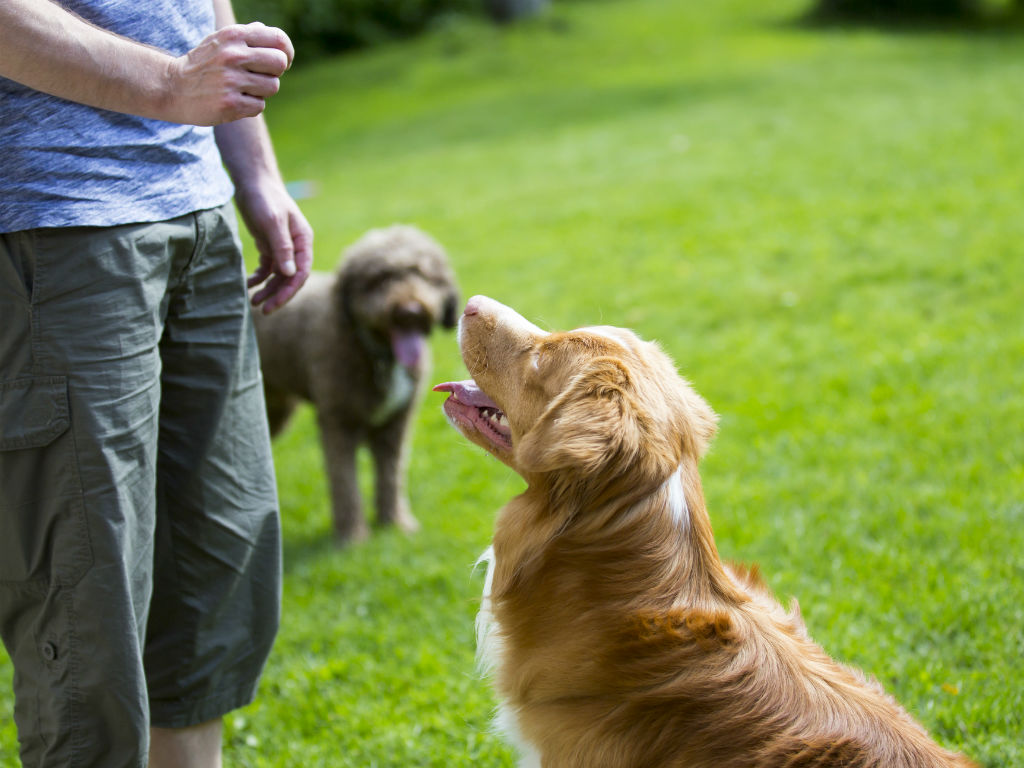If you have a dog at home and have been wondering if your dog needs a trainer, in this article we tell you some tips on the subject. The arrival of a dog in a household can bring changes in regular habits and a process of adaptation until the new family member is integrated.
Of course, we must always keep in mind that dogs are different from human beings and can sometimes present behaviors that, if not educated, could lead to certain disorders. That is why it is important to realize when it is something you can correct at home or, on the contrary, it is a sign that your dog needs a trainer.
How to know if your dog needs a trainer
In general, a basic distinction can be made between educating and training. Educating implies that the dog can develop its emotional, cognitive and social abilities that allow it to live in harmony in the home. In this way, education and coexistence go hand in hand. The idea is that your dog can learn not to jump on people in the street or learn basic things he shouldn’t do in the home like jumping on the bed.
On the other hand, training refers to teaching the dog certain behaviors that it will be able to perform with a command or order. For example, the typical “sitting” or “still” under which you can perform the requested actions.
Another distinction is what is referred to as undesired behaviors, which is when a dog behaves in ways that are not acceptable to the owner, but do not involve suffering, stress or danger to the dog’s life. But behavioral problems can affect both the physical and psychological health of the dog and professional help will be needed.
That is, behaviors such as barking, stealing food or constant requests for attention can be corrected with education and without too much trouble. However, when behavioral problems arise, a trainer will be necessary.
These behavioral problems can be separation anxiety, fear or phobia problems and aggressiveness. Here we are talking about problems that affect the welfare of the animal and can affect the whole family.
Getting ahead of the facts
If your dog already has problems that affect its physical and emotional health, you should see a professional. It should be noted that many times these are situations that could have been prevented with the right tools applied in time.
For example, we can take into account signals that the dog may give us when it arrives at the house. That is, pay attention to the things the dog does, such as barking nervously, and find a way to make him understand that he should not do them.
This type of behavior usually improves with reinforcement of the bond between the dog and people. Understanding your pet, attending to its needs and treating it with affection and love will in most cases be enough to overcome and prevent your dog’s behavioral problems.
Image courtesy of enter.co, all rights reserved.








